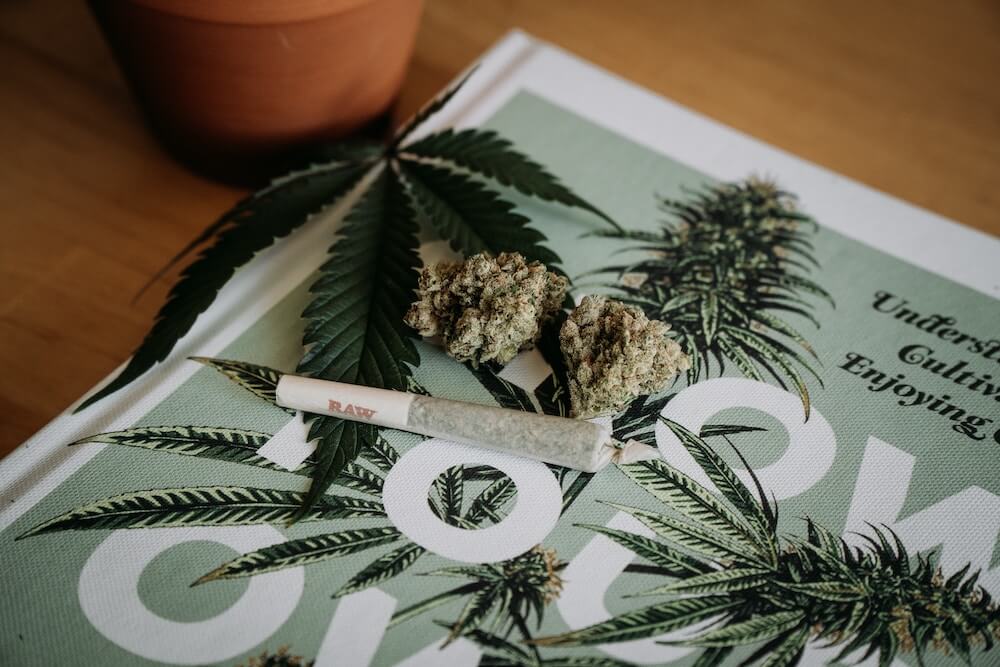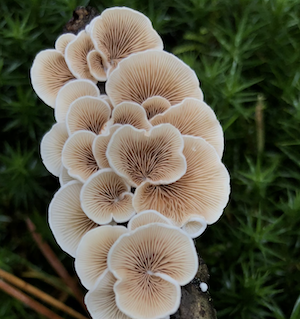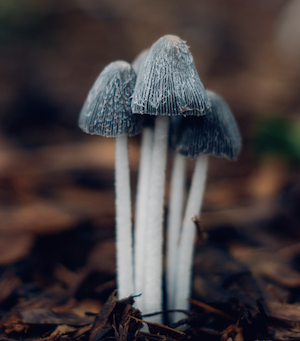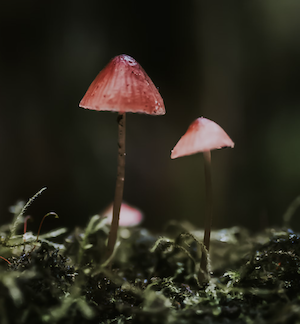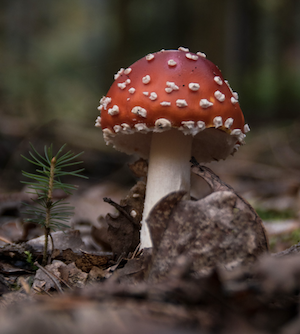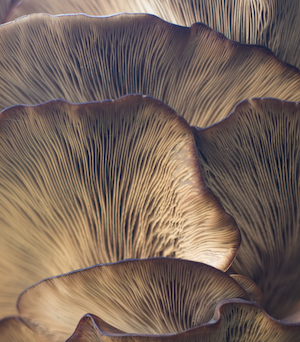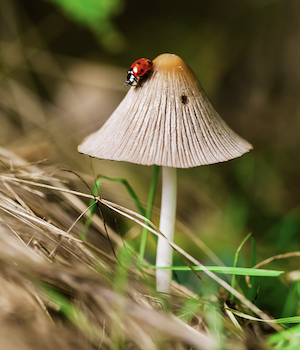Ready to unravel the mystery behind CBD and THC? Buckle up for a laid-back journey through the world of cannabinoids. Whether you’re a seasoned enthusiast or just dipping your toes into the green waters, we’ve got your back. We’re about to break down the ABCs of CBD and THC in a chill and easy-to-digest way.
CBD vs. THC table
| Property | CBD | THC |
| Source | Hemp and Cannabis | Cannabis |
| Psychoactive | Non-psychoactive | Psychoactive |
| Legal Status | Legal in many places | Varies, often restricted |
| Medical Benefits | Anti-inflammatory, anxiety relief, anti-seizure, neuroprotective | Pain relief, relaxation, appetite stimulation |
| Side Effects | Generally well-tolerated Mild side effects such as fatigue | Intoxication, impaired coordination and cognitive function |
| Drug Testing | Unlikely to show up in standard tests | Likely to show up in drug tests |
| Potential Drawbacks | May enhance the effects of certain medications | May cause anxiety or paranoia in some users |
CBD: The Basics
Alright, let’s start with the ABCs of CBD. CBD, short for Cannabidiol, is a chemical compound found in both hemp and cannabis plants. It’s like the chill sidekick to THC, the more well-known, ‘gets-you-high’ cannabinoid. Now, don’t confuse it with THC – CBD won’t have you seeing unicorns or raiding the fridge at midnight. Instead, it’s all about the therapeutic vibes.
One cool thing about CBD? It’s non-psychoactive. In other words, it won’t give you that euphoric high associated with THC. You can go about your day, clear-headed and focused, while still reaping the potential benefits. It’s like the zen master of cannabinoids.
CBD often gets the green light in many places, thanks to its non-intoxicating nature. While THC might have a rocky relationship with the law, CBD tends to get a friendlier nod. Still, rules vary, so it’s wise to check your local regulations – we wouldn’t want you unintentionally breaking any cannabis code!
THC: The Basics
Alright, time to talk about THC – the rockstar of the cannabis world. THC, or Tetrahydrocannabinol, is the magic behind that infamous cannabis high. It’s the one responsible for those giggles, the munchies, and, well, the altered reality. You’ll find THC hanging out mostly in marijuana plants, giving them their reputation for a good time.
Now, what sets THC apart? It’s the psychoactive powerhouse. When you consume THC, you’re in for a ride. It taps into those receptors in your brain, triggering a cascade of feel-good chemicals. Cue the euphoria, relaxation, and maybe a touch of forgetfulness. It’s a wild journey, and definitely not the same as CBD’s laid-back vibe.
Here’s the sticky part – legality. While some places embrace THC’s recreational charm, others are a bit more cautious. Laws can be a real buzzkill, so before you spark up, check your local regulations. No one wants an unexpected run-in with the law while chasing the THC high. Stay informed, stay safe!
Key Differences
Psychoactivity
Now, let’s talk vibes. The main gig with THC is the psychoactivity – that head-in-the-clouds, everything’s-a-giggle kind of feeling. CBD, on the other hand, is like a mellow playlist. It won’t take you to cloud nine; instead, it’s more about creating a soothing background tune.
Legal Implications
CBD often gets a thumbs-up in many places. It’s the responsible, law-abiding citizen of the cannabinoid crew. THC, though, can be a bit of a rebel. Some places throw the red flag on its psychoactive antics. Before you dive into any green adventures, check the legal scene in your hood.
Medical Applications
Both CBD and THC have their own superhero moments in the medical world. CBD is like the calming hero, helping with anxiety, inflammation, and seizures. THC, though, takes the pain relief spotlight and might even be the munchies remedy for some medical conditions. It’s like having Batman and Superman – different strengths, both saving the day in their own way.
CBD vs. THC for Anxiety
CBD is like the calm friend you always turn to in a crisis. It interacts with your endocannabinoid system, helping to regulate mood and stress levels without the psychoactive buzz. Many users report feeling a sense of relaxation without losing their grip on reality.
Now, THC, on the other hand, takes a slightly different route. It induces that classic cannabis high, which, for some, can lead to euphoria and a carefree mindset. However, the catch is that it can be a double-edged sword. While some find relief from anxiety, others might experience heightened anxiety or paranoia, especially with higher doses.
CBD vs. THC for Pain
CBD, or Cannabidiol, is known for its anti-inflammatory properties. It doesn’t create that characteristic high associated with THC, making it an attractive option for those seeking relief without altered consciousness. CBD interacts with receptors in the body’s endocannabinoid system, potentially reducing inflammation and easing discomfort.
THC, or Tetrahydrocannabinol, takes a different path. It not only carries its own anti-inflammatory powers but also steps into the ring with its psychoactive effects. Some users report that the euphoria induced by THC helps distract from pain, making it more manageable. However, it’s worth noting that the psychoactive aspect may not be everyone’s cup of tea.
Choosing between CBD and THC for pain relief depends on your comfort level and personal preferences. If you’re looking for a clear head and targeted relief, CBD might be your champion. On the other hand, if you can embrace the high and want an extra layer of distraction, THC could be your go-to.
Always start with lower doses, especially if you’re new to the game, and consult with a healthcare professional to determine the most effective and safe approach for your specific pain management needs. In the end, it’s about finding the right ally in the fight against pain.
CBD vs. THC for Sleep
CBD, or Cannabidiol, is renowned for its relaxing properties. It interacts with receptors in the body’s endocannabinoid system, potentially promoting a sense of calm and reducing anxiety – two key factors that can contribute to a restful sleep. CBD won’t knock you out like a heavyweight sedative; instead, think of it as a gentle lullaby, helping you ease into slumber without the foggy aftermath.
THC introduces a different approach. Its sedative effects are more pronounced, and some users report that it helps them fall asleep faster. However, the catch is that THC can sometimes lead to a groggy feeling the next day, and its psychoactive nature might not be everyone’s ideal bedtime companion.
Choosing Between CBD and THC
When it comes to choosing between CBD and THC, your preferences take center stage. Consider how you want to feel – clear-headed with CBD or embracing the high with THC? If you’re aiming for relaxation without the psychoactive journey, CBD might be your match. For those seeking a euphoric adventure, THC could be the path to explore.
CBD shines with its non-psychoactive nature, making it accessible for daily use without the buzz. It’s a solid choice for those new to cannabinoids or looking for relief without the high. On the flip side, THC’s psychoactive effects can be a double-edged sword. While it offers unique benefits, it may come with drawbacks like impaired coordination and potential anxiety.
Navigate wisely, explore gently, and find the sweet spot that aligns with your goals. Remember, your journey with cannabinoids is as unique as you are. Cheers to informed choices and a harmonious exploration!
